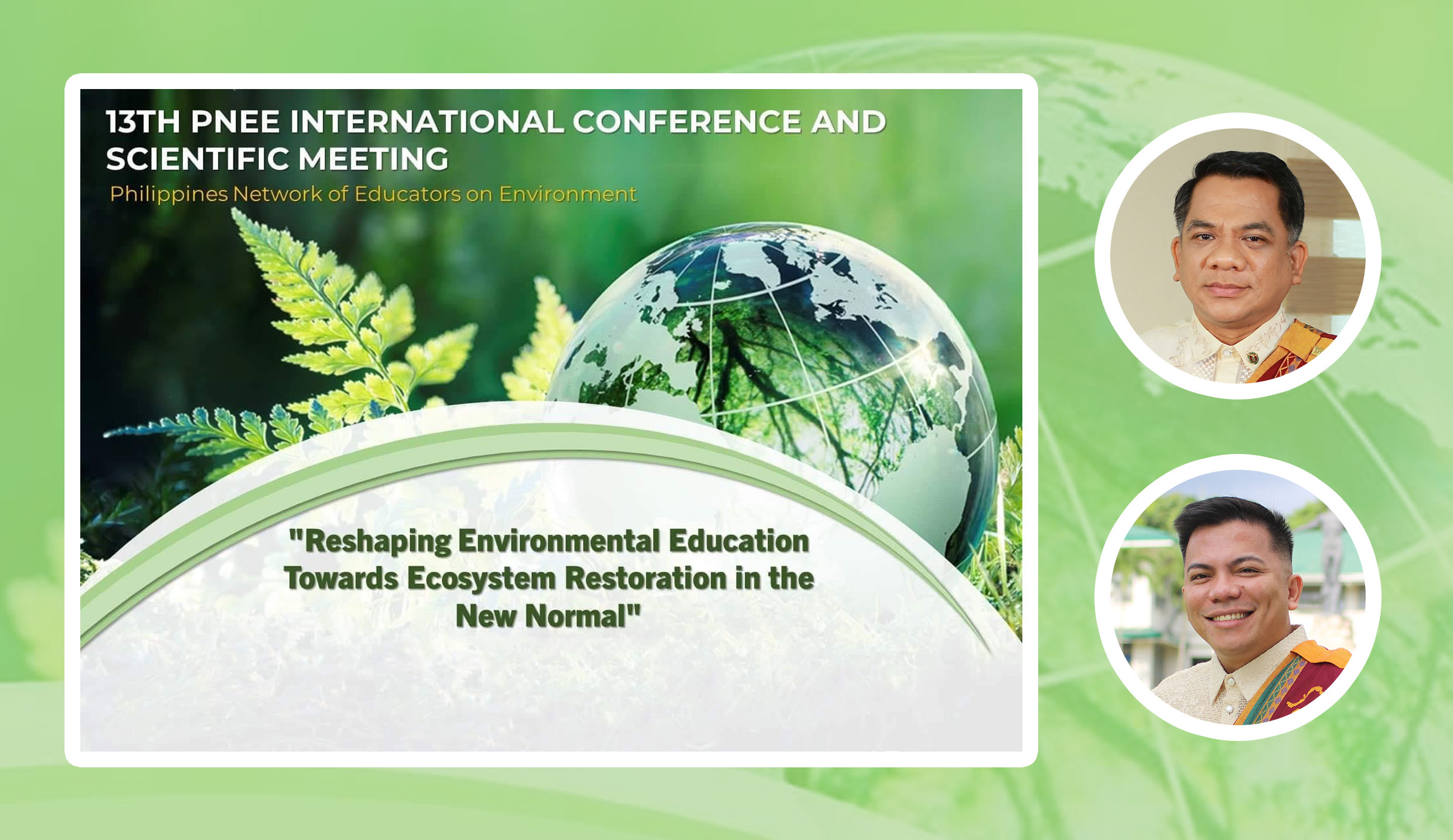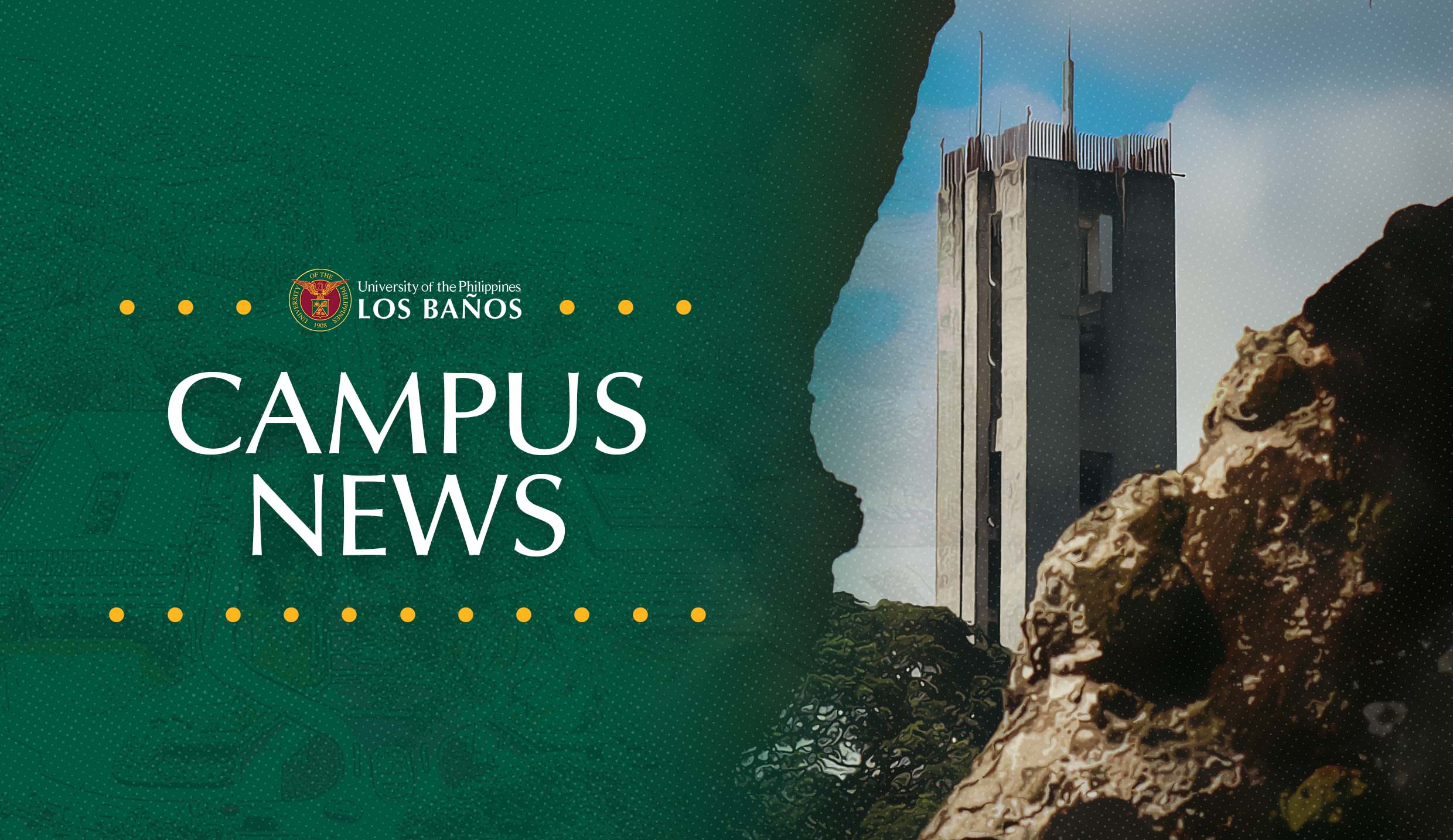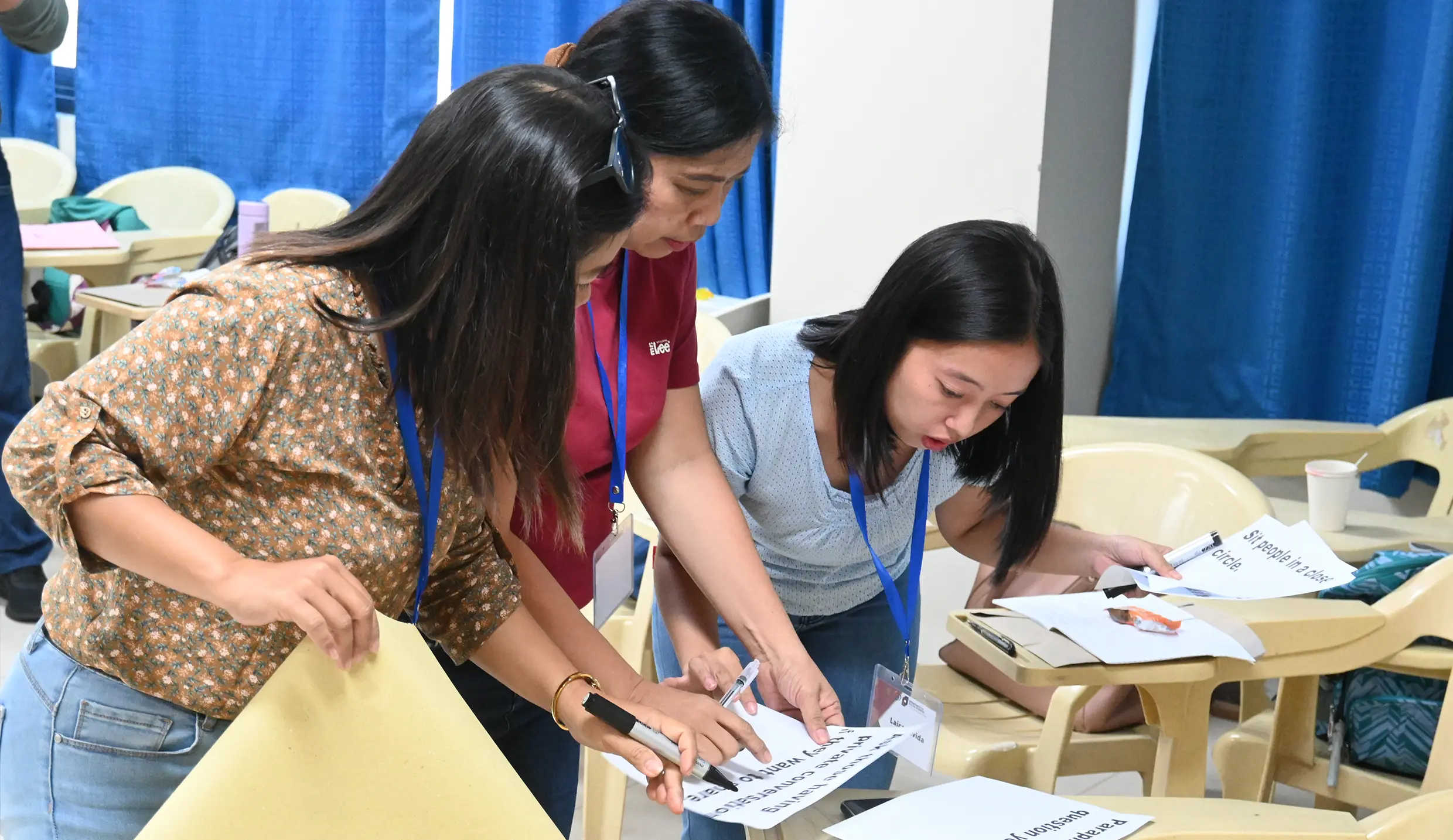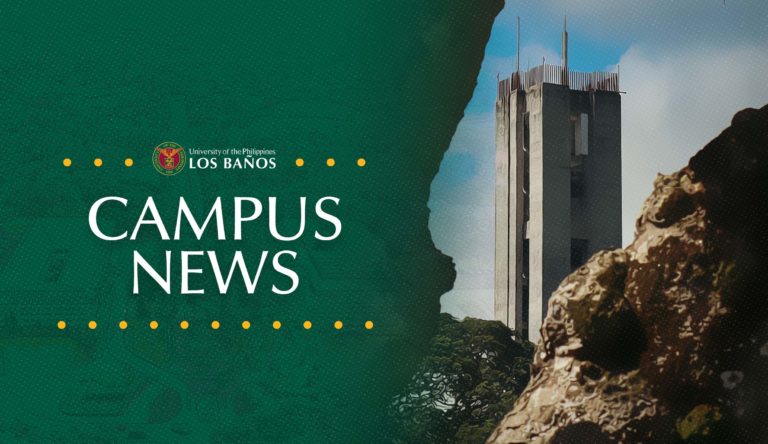
The School of Environmental Science and Management (SESAM) and the Philippines Network of Educators on Environment (PNEE) conducted the 13th PNEE International Conference and Scientific Meeting with the theme “Reshaping Environmental Education Towards Ecosystem Restoration in the New Normal,” on Nov. 11-12.
This is the first PNEE Conference conducted virtually due to the restrictions caused by the Covid-19 pandemic.
The Conference shared knowledge and practices on reshaping environmental education programs and projects to be used as a tool towards ecosystem restoration and identified key priority areas and research questions to enhance the capacity of environmental education (EE) and environmental instructions (EI) to increase environmental resilience.
It also provided a venue to foster environmental leadership and youth engagement to sustain ecosystem restoration initiatives and discover mediums and practices to increase environmental education and awareness in the new normal.
The first day of the virtual conference had three parts: opening ceremonies with plenary sessions; scientific parallel sessions; and a business meeting of PNEE members.
Gracing the opening ceremony of the 13th PNEE conference were Chancellor Jose V. Camacho, Jr.; Dr. Ramon M. Docto, president of the Palawan State University and PNEE; and Dr. Feliciano G. Calora, Jr., deputy executive director of the Department of Science and Technology-Philippine Council for Agriculture Aquatic and Natural Resources Research and Development (DOST-PCAARRD) representing Dr. Reynaldo V. Ebora, DOST-PCAARRD executive director.
In his opening remarks, Chancellor Camacho highlighted the significance of environmental education to further address the collective impacts of the global pandemic.
“As environmental educators, you at PNEE are in the right position to lead conversations that will help address global environmental problems and restore our ecosystem to sustain the next generations,” he stressed.
Dr. Calora also emphasized the significance of pursuing science-based research in the context of environmental education. He expressed his hopes that this conference will give opportunities for the participants to build new ideas that can be translated into research proposals.
Dr. Rico C. Ancog, dean of the School of Environmental Science and Management (SESAM) and concurrently PNEE secretary, gave a brief overview of the conference by discussing the relevance of the theme in relation to the UN Decade on Ecosystem and Restoration (2021-2030) and how the key objectives of the conference may contribute to the action points being pursued by the global movement. He also recognized 63 Institutions that joined the conference.
The first day’s keynote speakers were Dr. Antonio “Tony” G. M. La Viña, an environmental policy expert and director of the Energy Collaboratory under the Manila Observatory of the Ateneo de Manila University; and Dr. Serge Morand, directeur de recherche of the CNRS (French Scientific Research Council) and CIRAD, the French agricultural research and international cooperation body that promotes sustainable development in tropical and mediterranean regions.
In the plenary talk, Atty. La Viña gave insights on the role of environmental educators in championing environmental justice by giving specific case scenarios to demonstrate how to address the pressing impacts of climate change.
Still in line with the UN Decade on Ecosystem and Restoration, the plenary talk highlighted how science-based negotiations towards climate change can position the Philippines to act on its pressing impacts in the global stage.
Dr. Morand, on the other hand, talked about the current implications of the new normal scenario in relation to the presence of zoonotic diseases and its impact on human health.
He also discussed major studies related to the socio-ecological systems triggering disease outbreaks and how looking at different disciplinal lenses can resolve these issues.
The plenary talk on Day 2 featured Dr. John Cavanagh and Dr. Robin Broad, authors of the book, “The Water Defenders: How Ordinary People Saved the Country from Corporate Greed.”
Dr. Cavanagh is senior advisor at the Institute of Policy Studies in Washington DC while Dr. Broad is a professor in international development at the School of International Service, American University.
They shared an inspirational story featured in the book of a community in El Salvador that challenged an international mining corporation. The Philippine edition of their book was published by the Ateneo de Manila University Press.
Twenty one parallel sessions were conducted during the two-day event coverIng the following topics: environmental education, curriculum development, research/training and capacity building; water supply and demand; human security and wellbeing; sustainable energy production and urban systems; social health and safety; environmental education; natural resource productivity; biodiversity conservation; sustainable production and consumption; indigenous knowledge systems; legal and institutional policy and governance; and impact assessment and evaluation.
The last part of the program was the announcement of Best Poster Video and Best Paper/Best Presentor winners and was awarded by the chairs of the selection committee, Dr. Janice Sevilla-Nastor and Dr. Virgilio Villancio, respectively.
The closing message was given by Dr. Enrique P. Pacardo, Professor Emeritus and one of the founding members of PNEE in the early 1980s.
The virtual conference was organized by PNEE (formerly EENP) to promote sustainable development through a strong and independent network of Philippine institutions that can provide expert advice on environmental education policies and programs appropriate to the needs of local and regional conditions to national and local governments, non-government organizations, people organizations, and local communities.
SESAM has taken the lead in the foundation of PNEE and has been serving as its permanent secretariat since then. At present, PNEE has 92 institutional members (state universities and colleges and non-government organizations) and 785 individual members (faculty, and researchers) throughout the Philippines.
About 180 faculty members, researchers, government agencies employees and students attended the event via video conferencing (RM Areglado and Stellah Grace Aclan).








